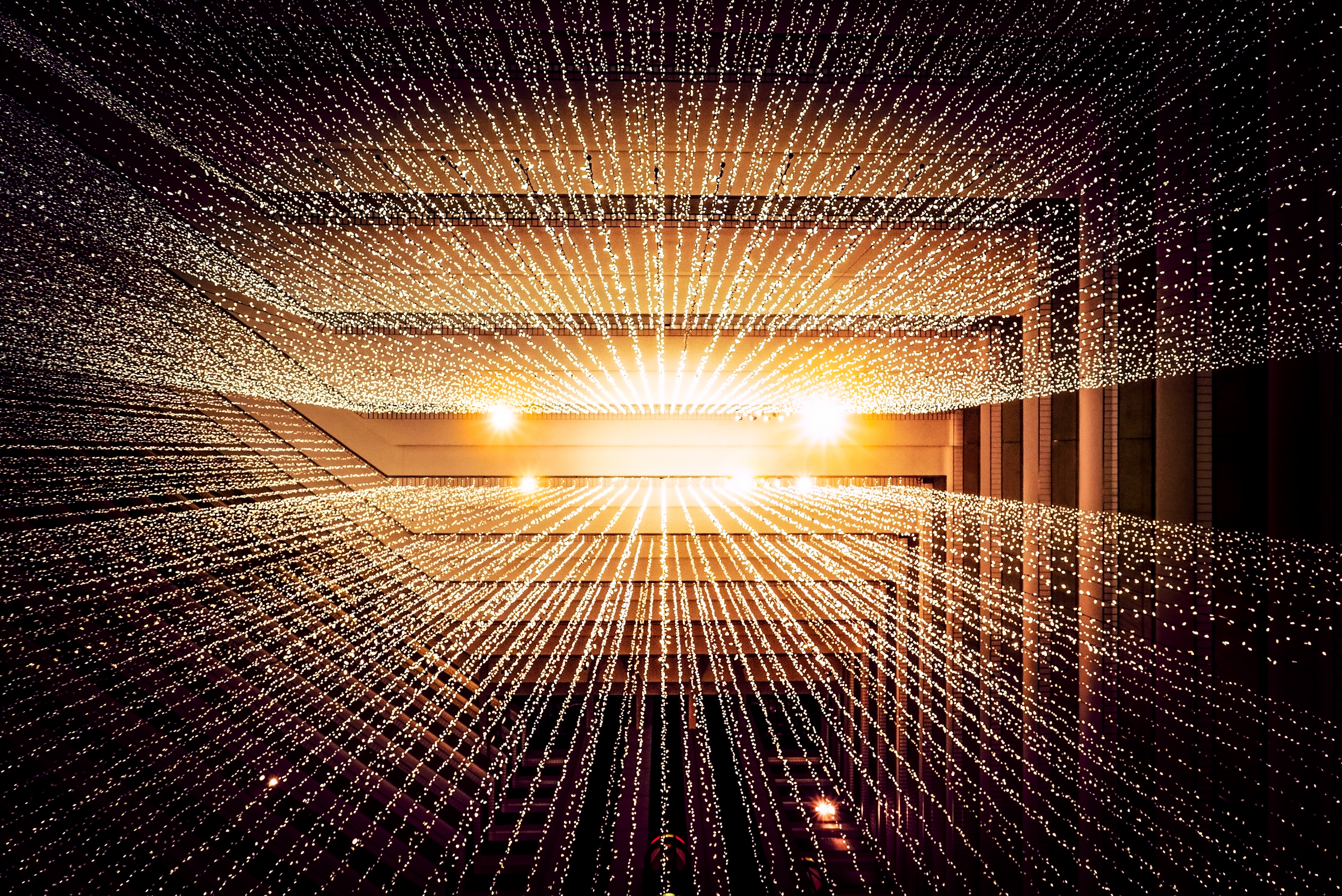The CSforKY blog, all your Computer Science news in one place.
Three Big Questions on Artificial Intelligence and Schools
National News | 25 Jun 2019

Philadelphia
Artificial Intelligence is changing banking, health, business, and the military. But so far, it has been slow to go big in K-12 education, said Scott Garrigan, a professor at Lehigh University at a session at the International Society for Technology in Education's annual conference here.
But that is likely to change in the coming years, he said. No sector will be untouched by AI.
"AI will change society. It will produce changes as big as the automobile," Garrigan said. "We have no idea what's going to happen as AI rolls out massively. But there will be massive, massive change. AI is the new electricity. I can't think of any industry AI will not transform." Ultimately, that will include K-12 schools too, he said.
Here were some of the big questions for educators to tackle:
How Will AI Change Curriculum?
Calculus and arithmetic won't be as important, Garrigan predicts. Instead, schools will likely begin emphasizing statistics and probability. And they'll be less of an emphasis on performing hard calculations, because that's something machines can already do.
"Who doesn't have access to a calculator?" he asked. "Spending twelve years to help kids be the equivalent of a two -step calculating algorithm, that's absurd."
He's betting schools will shift away from programming in Java and move toward other computing languages, like Python, that have greater application with AI.
What's more, students will need to grasp AI itself. Not just its technical implications, but the societal ones too.
"Teachers and students need to understand this stuff," Garrigan said. That's because AI will bring about "not just technological but social change," including creating jobs that don't currently exist.
Some schools are already beginning to make these shifts. More from Ed Week here.
Will AI Change Teaching and District Management?
In short: Yes, Garrigan said. In fact, that's already happening, to some extent, he suggested.
Innova Schools in Lima, Peru are using IBM's Watson to scan resumes for teacher hiring, he said. "They discovered that credentials on a resume can't tell them how well a teacher will do in their environment," he said. But they've trained Watson to spot those qualities. Schools can also use it to flag which students are likely to suffer from mental health issues, such as suicide or depression. And AI is in some personalized learning software and adaptive testing.
As for teachers? Down the line they may have "AI partners." These partners could do the "dirty work" (like some grading) while the teacher does the "fun work" (like connecting with and encouraging students). (The flip side of that scenario, many teachers worry, is that they will be replaced by machines.)
How Will Educators Cope With AI's Flaws?
One big question for the future: "Will AI be a decider, as in 'oh the AI system says this is what I should do" or will it be an "adviser?"
It's critical for schools to keep in mind that AI isn't always going to spit out perfect solutions. It will make mistakes, just like the human brain it's modeled on, Garrigan said. "AI will look for probabilities, not answers," Garrigan said. "AI comes out with probability distributions. AI systems have error, it's built in. you can't escape it. Forget perfection."
What's more, because AI systems must take in data to become more accurate educators should, "expect massive issues with privacy." AI also has some serious bias problems that have a major impact on its accuracy, my colleague, Ben Herold has reported.
Want more on artificial intelligence? Check out these good Ed Week reads:
- Artificial Intelligence in the Classroom: Q&A With Michelle Zimmerman
- Artificial Intelligence: What Educators Need to Know
- How 'Intelligent' Tutors Could Transform Teaching
(this article first appeared on Education Week, June 25, 2019)
Photo by Joshua Sortino on Unsplash